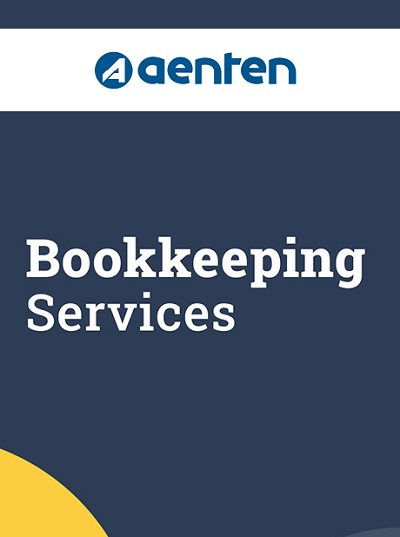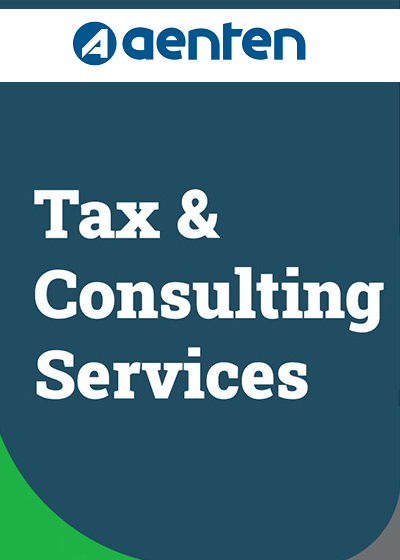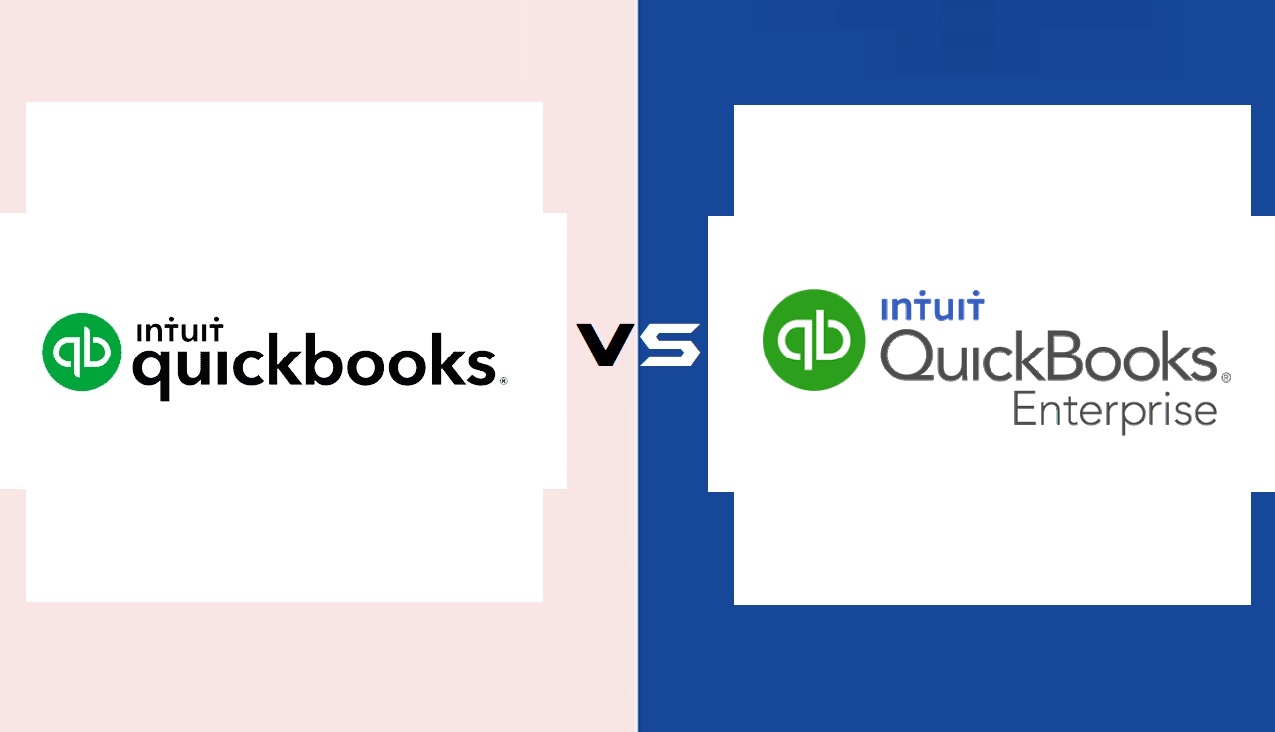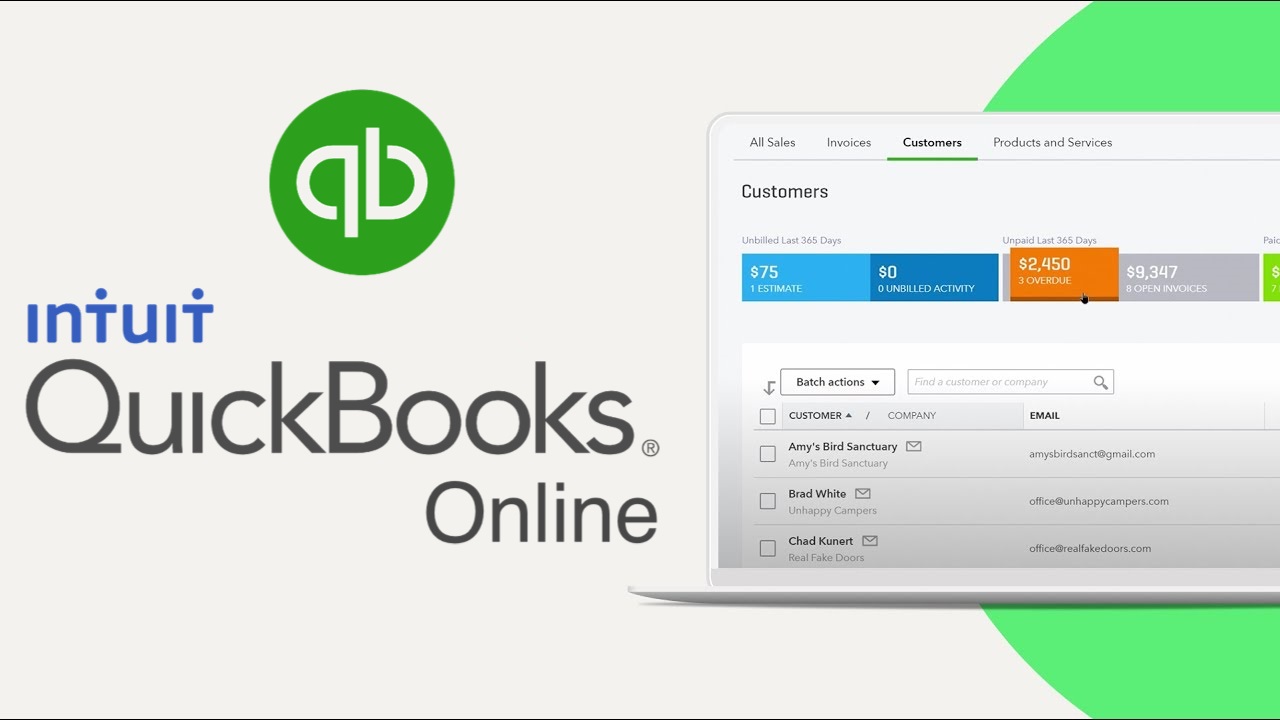As a small business owner, taxes can be overwhelming and time-consuming. It’s easy to overlook some of the deductions and credits available, especially when you’re busy managing your day-to-day operations. However, taking advantage of all available tax deductions and credits can save you a significant amount of money. In this article, we’ll highlight the top 20 things small business owners forget to claim on their taxes.

01. Home Office Deduction:
If you work from home, you may be eligible for a home office deduction. This deduction allows you to deduct expenses related to the portion of your home used for business purposes, such as rent, utilities, and maintenance.
02. Mileage:
If you use your personal vehicle for business purposes, you can claim a mileage deduction. The standard mileage rate for 2022 is 58.5 cents per mile. Be sure to keep track of your mileage with a mileage log.
03. Startup Costs:
If you started your business in the current tax year, you can deduct up to $5,000 in startup costs, such as legal fees, advertising, and market research.
04. Retirement Contributions:
If you contribute to a retirement plan, such as a 401(k) or IRA, you may be eligible for a tax deduction. The maximum contribution limit for a 401(k) in 2022 is $20,500.
05. Health Insurance Premiums:
If you are self-employed and pay for your own health insurance, you can deduct your premiums as a business expense.
06. Education and Training:
If you attend conferences, seminars, or other education or training events related to your business, you can deduct the related expenses, such as registration fees, travel, and lodging.
07. Charitable Contributions:
If you make charitable contributions to qualified organizations, you can deduct the contributions as a business expense.
08. Bank Fees:
If you pay bank fees for your business accounts, you can deduct the fees as a business expense.
09. Software and Technology:
If you purchase software or other technology for your business, you can deduct the cost as a business expense.
10. Business Insurance:
If you pay for business insurance, such as liability insurance, you can deduct the premiums as a business expense.
11. Legal and Professional Fees:
If you hire an attorney, accountant, or other professional for your business, you can deduct the fees as a business expense.
12. Bad Debts:
If you have unpaid invoices or other debts related to your business, you can deduct the bad debts as a business expense.
13. Business Use of Your Personal Cell Phone:
If you use your personal cell phone for business purposes, you can deduct a portion of your monthly bill as a business expense.
14. Business Use of Your Personal Computer:
If you use your personal computer for business purposes, you can deduct a portion of the cost as a business expense.
15. Rent:
If you rent office space, you can deduct the rent as a business expense.
16. Meals and Entertainment:
If you take clients or customers out for meals or entertainment related to your business, you can deduct a portion of the expenses as a business expense.
17. Office Supplies:
If you purchase office supplies, such as paper, pens, and toner, you can deduct the cost as a business expense.
18. Marketing and Advertising:
If you advertise your business, such as through online ads or print media, you can deduct the cost as a business expense.
19. Business Use of Your Personal Vehicle:
If you use your personal vehicle for business purposes, you can deduct a portion of the related expenses, such as gas and maintenance, as a business expense.
20. Depreciation:
If you purchase assets for your business, such as equipment or vehicles, you can deduct the depreciation as a business expense.
Also Read : How to Select The Right Entity For Your Business?
Conclusion
As a small business owner, it’s important to take advantage of every tax deduction and credit available to you in order to minimize your tax liability and maximize your profits. While it can be easy to overlook some of these less obvious deductions, taking the time to identify and claim them can result in significant savings come tax time. By working with a qualified accountant or tax professional, you can ensure that you’re taking full advantage of all the deductions and credits available to you, and minimize your risk of audit or other penalties.




